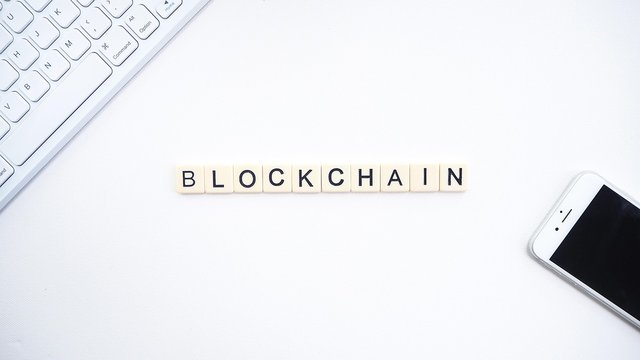Smart Contracts in Action: Practical Applications That Are Already Transforming Supply Chains, Insurance, and Real Estate
Smart contracts are one of the strongest innovations that are transforming how the world works due to the influence of technology. They are computer applications that are constructed using blockchain technology and automatically execute contracts in case some conditions are fulfilled.
They eliminate the use of middlemen, delays are minimized and transactions are more secure and transparent. I am a Nigerian guy, who likes learning about technology, so smart contracts interest me greatly because they are already having a significant impact in various fields such as supply chains, insurance, and real estate.
Lack of transparency is one of the largest issues that are being solved in the industry of smart contracts in the supply chain sector. In most cases, it is difficult to trace the origin of a product or whether it has undergone any modifications on the go.
However, with smart contracts, all the important stages of a product may be traced on the blockchain, such as the factory and warehouse and eventually sold to the buyer. This implies that everything is transparent and alterable. To illustrate, smart contracts can be used to verify that goods are fresh, kept in a safe place, and received in time in the food industry. This assists in gaining the trust between the suppliers and the customers and minimising the fraud and wastage.
Smart contracts are introducing equity and expediency in the settlement of claims in the insurance sector. This was not the case in the past because when people submitted insurance claims they were likely to wait long periods as the company verified the information. The process can now be automatic under the smart contracts. As an illustration, in case of a cancellation of a flight, a payout can be immediately discharged to the victim traveler through a smart contract connected to flight data without the need of anyone manual processing it. This will make the system quicker, minimise human error, and create confidence between the insurance companies and their customers.
Smart contracts are also simplifying property transactions in the real estate business and making the transactions safe. In most cases, the process of purchasing or selling a house or a piece of land is accompanied by a lot of paperwork plus the involvement of middle men such as lawyers or agents. However, in the case of smart contracts, the contract between a buyer and a seller can be stored into the blockchain. Upon the buyer remitting payment, the right of ownership just passes automatically. This will reduce costs, waste time and eliminate fraud. It goes as far as to enable the future transparency and reliability in the possession and renting of property in Nigeria.
To conclude, smart contracts are not a mere concept as they are already being applied in real life. They are streamlining industries and making them open and reliable. The more I get to know them, I do feel that they can make a huge contribution to better systems in Nigeria as well. The world is shifting to automation and trust with technology, and smart contracts are on the forefront of the same.

This is a great post of informative post you Have shared. Thanks for sharing this post.